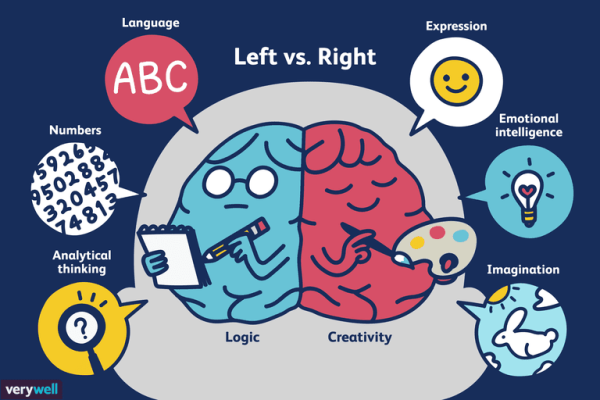My 4000 plus employee company has an HR department that is useless. Less than one year ago we merged with another company. We switched our 401K from Principal to Vanguard  . When that happened I asked the HR department about the 55 rule. Their reaction?
. When that happened I asked the HR department about the 55 rule. Their reaction?  They came back and said we can't do it and that was it.
They came back and said we can't do it and that was it. Since I probably won't need it anyway I dropped the issue.
Since I probably won't need it anyway I dropped the issue.
Issue #2 began when I lowered my 401K contribution to the lowest % to still get the company match. I did this to maximize cash to refurb a house that I am selling (closing in 6 days). Last week I went into the Vanguard site to increase my contribution % to ensure I meet the 18.5K authorized by the IRS (already maxed catch up). For some reason we can only contribute up to 15%. If I contribute 15% going forward for the rest of the year I will finish up about $1900 short. I called Vanguard. They said the problem is with my company and the way they set it up. I sent an email to HR. No response. I went into see the local HR person. She said she would look into it. That was 4 days ago. I just found out that her last day with the company is tomorrow. Lovely.
 . When that happened I asked the HR department about the 55 rule. Their reaction?
. When that happened I asked the HR department about the 55 rule. Their reaction?  Since I probably won't need it anyway I dropped the issue.
Since I probably won't need it anyway I dropped the issue. Issue #2 began when I lowered my 401K contribution to the lowest % to still get the company match. I did this to maximize cash to refurb a house that I am selling (closing in 6 days). Last week I went into the Vanguard site to increase my contribution % to ensure I meet the 18.5K authorized by the IRS (already maxed catch up). For some reason we can only contribute up to 15%. If I contribute 15% going forward for the rest of the year I will finish up about $1900 short. I called Vanguard. They said the problem is with my company and the way they set it up. I sent an email to HR. No response. I went into see the local HR person. She said she would look into it. That was 4 days ago. I just found out that her last day with the company is tomorrow. Lovely.
Last edited:

